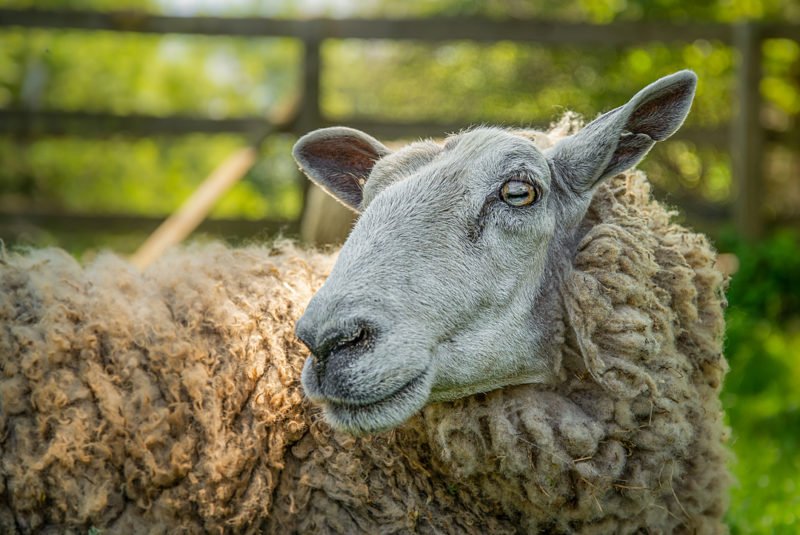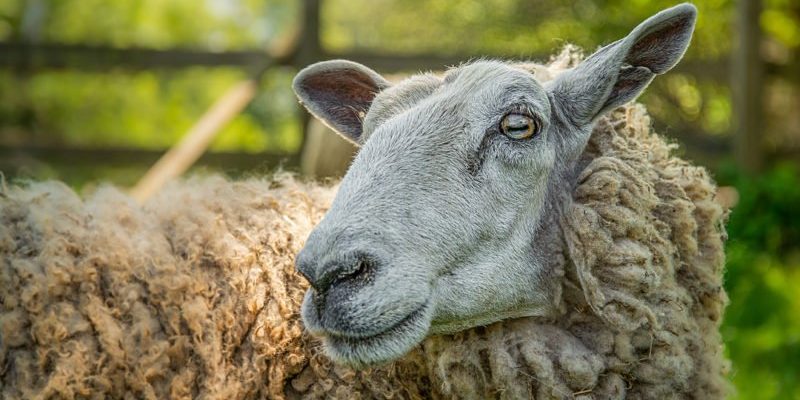
In many places, raising livestock in urban and suburban settings brings forth a whirlwind of legal considerations. Homeowners associations, local zoning laws, and city ordinances all have a say in whether you can keep sheep in your yard. It’s essential to understand these factors before you dive into sheep ownership. So, here’s a guide to help you navigate these waters without getting tangled in the weeds.
Understanding Local Zoning Laws
Local zoning laws play a crucial role in determining whether you can keep sheep in your residential area. Zoning regulations dictate how you can use your property and what types of animals you can have. Different zones—residential, commercial, agricultural—have different rules.
In many residential zones, livestock might be prohibited altogether. If you live in a densely populated area, your local government might have strict regulations that make it impossible to keep sheep. It’s like trying to make a pizza in a bakery that specializes in pastries—sometimes, it just doesn’t mix. To find out what your local laws say, check with your city or county’s zoning office.
Here are some things to look out for:
- Types of Allowed Animals: Some areas allow pets but not livestock.
- Minimum Lot Size: Larger animals like sheep often require more space.
- Setbacks from Neighbors: You may need to keep your sheep a certain distance from property lines.
Homeowners Associations (HOAs) and Restrictions
If you live in a community governed by a homeowners association (HOA), they might have their own set of rules regarding keeping sheep. HOAs often impose restrictions to maintain the neighborhood’s aesthetic and property values. This can include anything from prohibiting livestock to requiring specific fencing standards.
Before adopting sheep, it’s important to review your HOA’s guidelines. Think of it as reading the fine print on a contract; it can save you from future headaches. If you’re ever in doubt, reach out to your HOA board for clarification. It’s better to ask upfront than to find yourself facing fines or removal orders later.
Common HOA restrictions may include:
- Prohibitions Against Livestock: Many HOAs ban all farm animals.
- Fencing Requirements: HOAs may have specific requirements for enclosures.
- Noise and Smell Restrictions: In some cases, they might limit any animal that causes disturbances.
Permits and Licensing
In some regions, keeping sheep may require a special permit or license. This is particularly true in urban areas where local governments are more concerned about zoning and public health issues. Obtaining a permit might involve meeting specific guidelines, such as having proper facilities, waste management systems, and sometimes even health inspections for your animals.
The process varies by location; some places might make it easy, while others could have a mountain of paperwork. Think of it as getting a driver’s license: just because you want to drive doesn’t mean you can hop in a car and take off. You typically need to prove you understand the rules and can do it safely.
Be sure to check:
- If a permit is needed and the application process.
- What specific requirements must be met for approval.
- Whether there are fees associated with obtaining a license.
Animal Welfare Considerations
Keeping sheep isn’t just a matter of legality; you also have to consider their well-being. Proper animal welfare laws require that you provide adequate care for any animals you keep, including food, water, shelter, and healthcare. Failure to meet these standards can lead to legal trouble.
Here’s the thing: it’s not just about having a cute pet in the backyard. Sheep require a certain level of care and attention that goes beyond simply feeding them hay. If you’re unfamiliar with sheep care, you might want to do some research or speak with a livestock expert.
Key welfare considerations include:
- Proper Nutrition: Sheep need a balanced diet.
- Shelter: They require protection from weather elements.
- Healthcare: Regular veterinary check-ups are essential.
Neighbors and Nuisance Laws
Keeping sheep close to homes raises another important issue: your neighbors. If the sheep become a nuisance—through noise, smell, or escaping into their yards—you could face complaints or even legal action. It’s important to consider how your new flock might affect your community.
Being a good neighbor means being aware of these possibilities and taking steps to minimize any disruptions. For example, proper fencing can help prevent your sheep from wandering off and into neighbors’ spaces. Regular hoof trimming and grooming can also help reduce any odors.
Keep in mind:
- Communicate: Let your neighbors know of your plans and address concerns.
- Control Noise: Sheep can be noisy, especially during breeding season.
- Manage Waste: Regularly clean up after your sheep to avoid odors.
Insurance and Liability
Finally, consider whether you need insurance for keeping sheep. If a neighbor claims damages or injuries related to your flock, you could be on the hook financially. That’s where livestock liability insurance comes into play. It’s a safety net that protects you—and your wallet—if something goes wrong.
Not all homeowners insurance policies cover livestock, so it’s wise to check with your insurance provider to clarify your coverage. Investing in this type of insurance could save you headaches and unexpected expenses down the line.
Here’s why it matters:
- Peace of Mind: Knowing you’re covered can reduce stress.
- Protection Against Claims: It shields you from financial claims.
- Legal Expenses: It may cover legal fees if you face litigation.
Final Thoughts
Keeping sheep in residential areas comes with its unique set of legal considerations that every potential owner should be aware of. It’s not just about the joy of having these adorable animals; it’s about understanding and respecting the laws, your neighbors, and the responsibility that comes with livestock ownership.
Before you make any decisions, do your homework. Check local zoning laws, speak with your HOA, consider permits, and think about animal welfare. By being proactive and informed, you can create a harmonious environment for yourself, your sheep, and your community. After all, happy sheep make for a happy owner!

